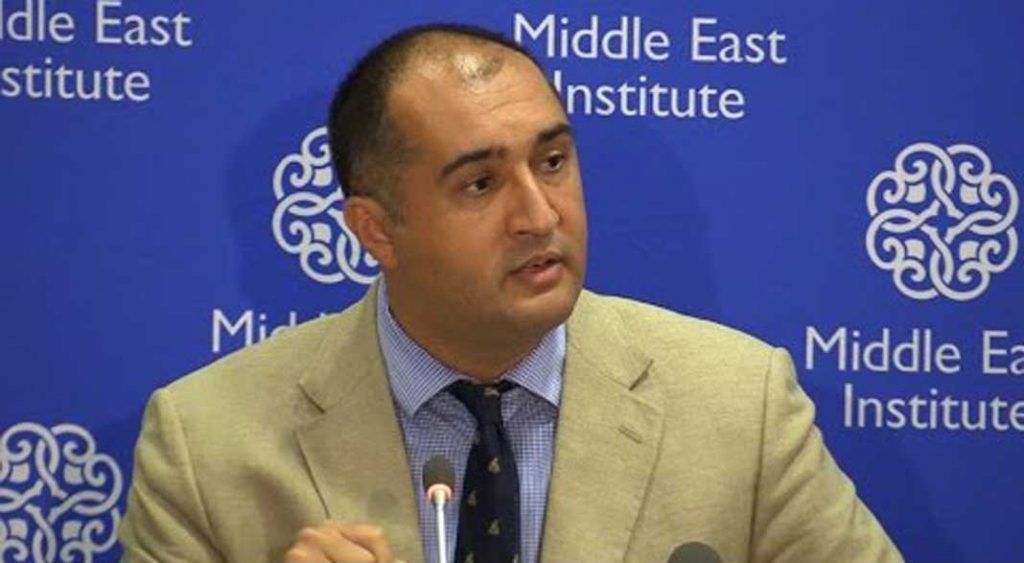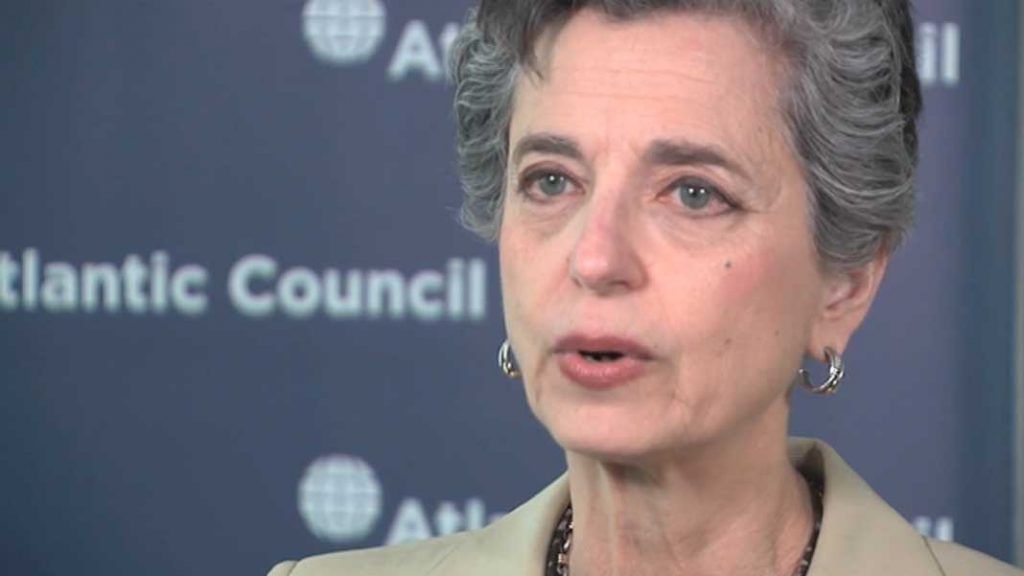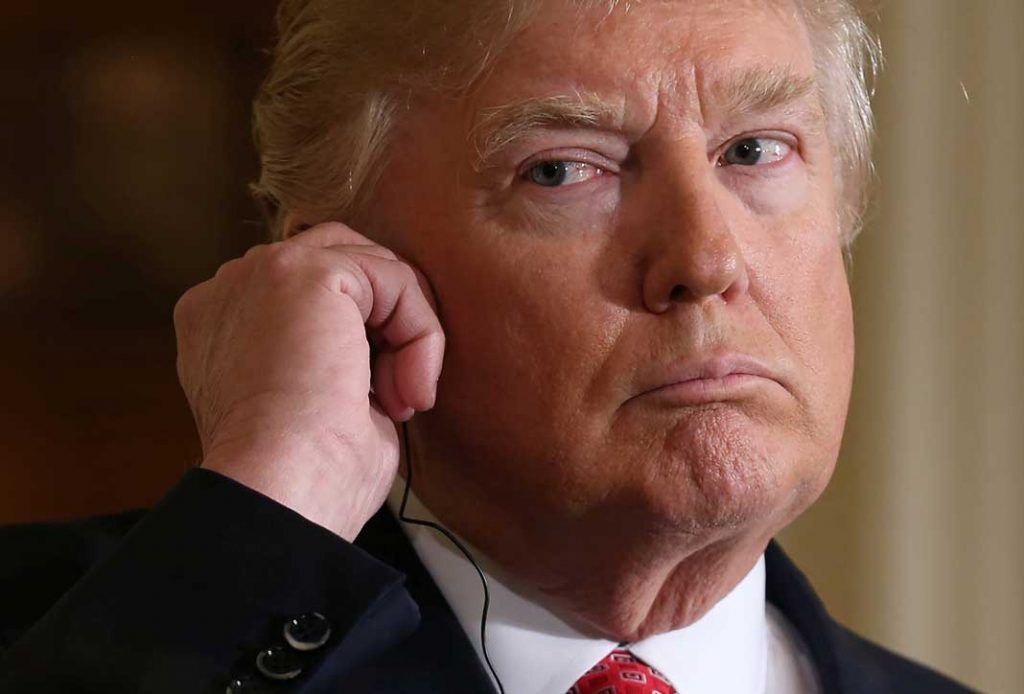February 13, 2017
By Peyman Pejman
On the campaign trail, then-candidate Donald Trump was as much bullish on foreign policy issues as he was on his grandiose domestic prescriptions. From building a wall along the U.S.-Mexico border to bringing China to its knees over perceived policy-and-trade injustices, Trump was going to fix them all.
His statements on the Middle East were no less radical. He promised to “defeat and destroy ISIS” (the self-labeled Islamic State). In a March 2016 speech in Washington, D.C., he said, “Iran is a very big problem and will continue to be. But if I’m elected president, I know how to deal with trouble.”
But less and a month into office, Middle East observers say the Trump administration’s foreign policy toward the Middle East and Iran is marked by three things, some contradicting the others.
Perhaps most foreboding is that, despite campaign rhetoric, the brash businessman does not seem to have come to office with any “revolutionary” ideas as they relate to the Middle East.
“To be perfectly frank, as of today, less than a month in office, there hasn’t been some sort of a strategic blueprint for what he wants to do in that sensitive part of the world,” said Alex Vatanka, Senior Fellow at the Middle East Institute and author of Iran and Pakistan: Security, Diplomacy and American Influence.

“I think he will inherit a lot more from the previous Obama administration and work with that than people assumed would be the case,” he said.
That, argues former Canadian and United Nations diplomat John Bell, is because the Middle East is no longer as important in the U.S. foreign policy calculations as it used to be.
“Is there really a large shift on the Middle East between Obama and this administration? I have my doubts and the reason is I don’t know how important the Middle East is to the American foreign policy anymore. I think there will be a certain consistency in that the Middle East is not a top priority for the United States as it used to be,” said Bell.
Even on issues such as the U.S. support for Israel, over which Trump continuously attacked the Obama administration, the White House seems to have backed down on two campaign-era rhetorical issues: it has walked back its support for Israel’s building settlements in East Jerusalem and seems to have put on ice –at least for now – the question of moving the U.S. embassy in Israel from Tel Aviv to Jerusalem.
On the Iran nuclear deal, which Trump called “the worst deal ever,” Vatanka and others interviewed for this story who wished to remain anonymous said it is highly unlikely that President Trump with tear up the deal.
“I don’t think he will go after the nuclear deal. Why should he? The fundamental challenge he or any president walking away from the nuclear deal is who will come to America’s aid in rebuilding a new sanctions regime against Iran? Certainly the Russians and the Chinese won’t come back. The Europeans have said they are happy with the deal. Even Congressional Republicans don’t want to tear it up,” said Vatanka.
The second foreign policy marking so far is that it has created more confusion and brought less stability towards the Middle East. How will Iran react in places like Syria, Iraq, Yemen? What will be reaction of Gulf Arab states towards Iran, or the United States?

Observers such as Barbara Slavin, long-time Middle East correspondent and now acting-director of the Iran Project at the Atlantic Council, believe Trumps rhetoric and the recent Executive Order temporarily banning travel to the United States from seven Muslim-majority countries, could send a wrong signal to even allies in the region.
“These Trump administration policies could be seen as encouraging in places like Saudi Arabia, thinking ‘the U.S. has our back’ and thus escalate in places like Yemen. It is very important that Iran is reaching to Gulf and that Saudis would see that it is not in their interest to escalate the war in Yemen,” Slavin said.
The Trump travel ban excluded Saudi Arabia, from where 15 of the 19 terrorists involved in the September 11, 2001, attacks hailed. But it did include Yemen which has been subject of massive Saudi-and-U.S. led attacks trying to reinstall the former Yemeni president deposed by pro-Iranian Houthi rebels.
Furthering adding to the confusion over the U.S. policy in the Middle East and toward Iran is the question of ISIS, whose spread in the region Trump has blamed on the Obama administration but has promised to “defeat and destroy.”
“That is a very strong sentiment. How is he going to do that? What sort of partnership would he seek? The only suggestion we have heard is that he might work with Russia,” said Vatanka, adding that last week’s trip to Turkey by the CIA Director Michael Pompeo might further confuse the Tehran leaders.
“Right now, they are probably worried, and I would be if I were them, about maneuvering by other regional actors — Russians, Turks, maybe Saudis, others, who might come together on some compromise deal at the expense of the Iranians, say, in Syria,” Vatanka added.
Those uncertainties created by the Trump presidency so far might explain why Iran took the provocative step of testing a short-range Mersad ballistic missile earlier in February.
“In the Middle East, everyone sends messages through weaponry and conflict. They don’t send messages only through words. Whether message will lead to action, I think that’s six months to a year down the road to know,” said Bell, who is also the Director of the Middle East Programme at the Toledo International Centre for Peace in Madrid.
“There is a space in between maneuvering and counter pressures that is also unhealthy for the Middle East because all these guys tend to play their policies out in the weaker states of the region, whether Syria or Iraq or Lebanon, maybe Yemen,” he added.
The third lesson from the short Trump presidency is that it is not clear who is in charge of drafting the Middle East policy, to whatever degree it might exist.
Candidate-Trump’s utterings on issues such as Israeli settlements, moving the capital to Jerusalem, “bombing the hell” out of ISIS, or “dealing” with the Iranians, have been tempered so far. But does that imply that people around the president might have “tamed” him in? And is that necessarily a good thing?

Reuters©
Not necessarily, say the observers, adding that some of Trump’s close aides, such as Defense Secretary James Mattis, National Security Adviser Michael Flynn, and CIA’s Pompeo, are known for their anti-Iran beliefs.
Those observes also point to two unintended consequences –positive and negative –of Trump’s Middle East policy, if continued. One is that his anti-Iran instincts and measures such as the travel ban might in fact tip the balance inside Iran in favor of more-hardline elements and away from leaders such as President Hassan Rouhani and Foreign Minister Javad Zarif, both seen as favoring better relations with the United States.
The potentially positive consequence might be that, in the absence of clear signals from Washington, the Arab states and Iran, might try to put aside some of their historic differences in order to create more stability in the region.
“Bottom line, when it comes to the Middle East, I don’t think you should assume he [Trump] will start from scratch, go back to Ground Zero, and build his way up. That is not going to happen because he does not have foreign policy interests and experience, nor does he have the time,” Vatanka suggested.








